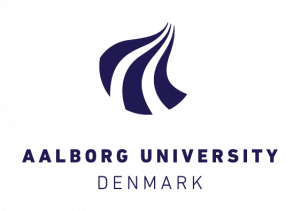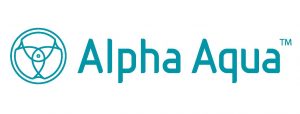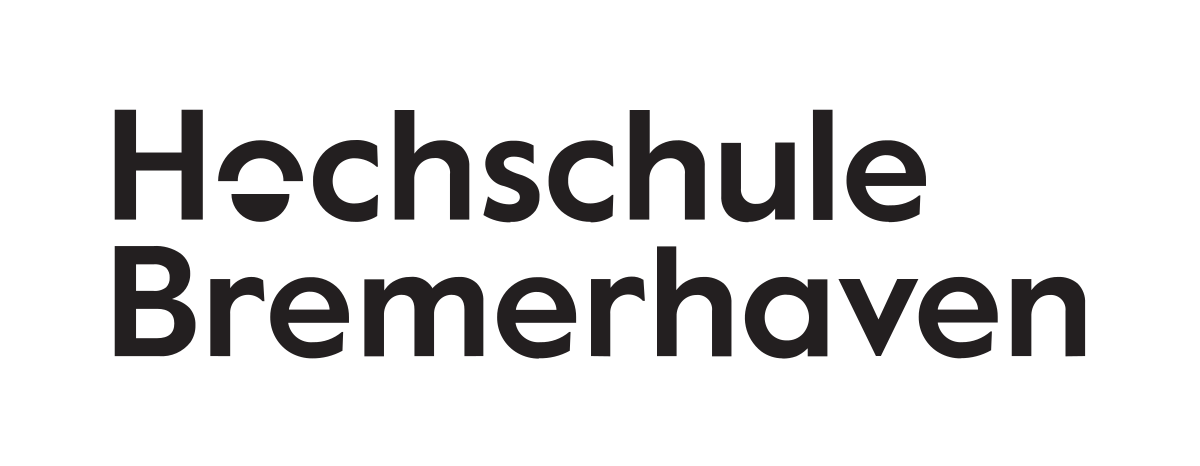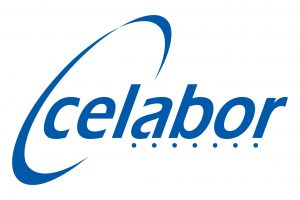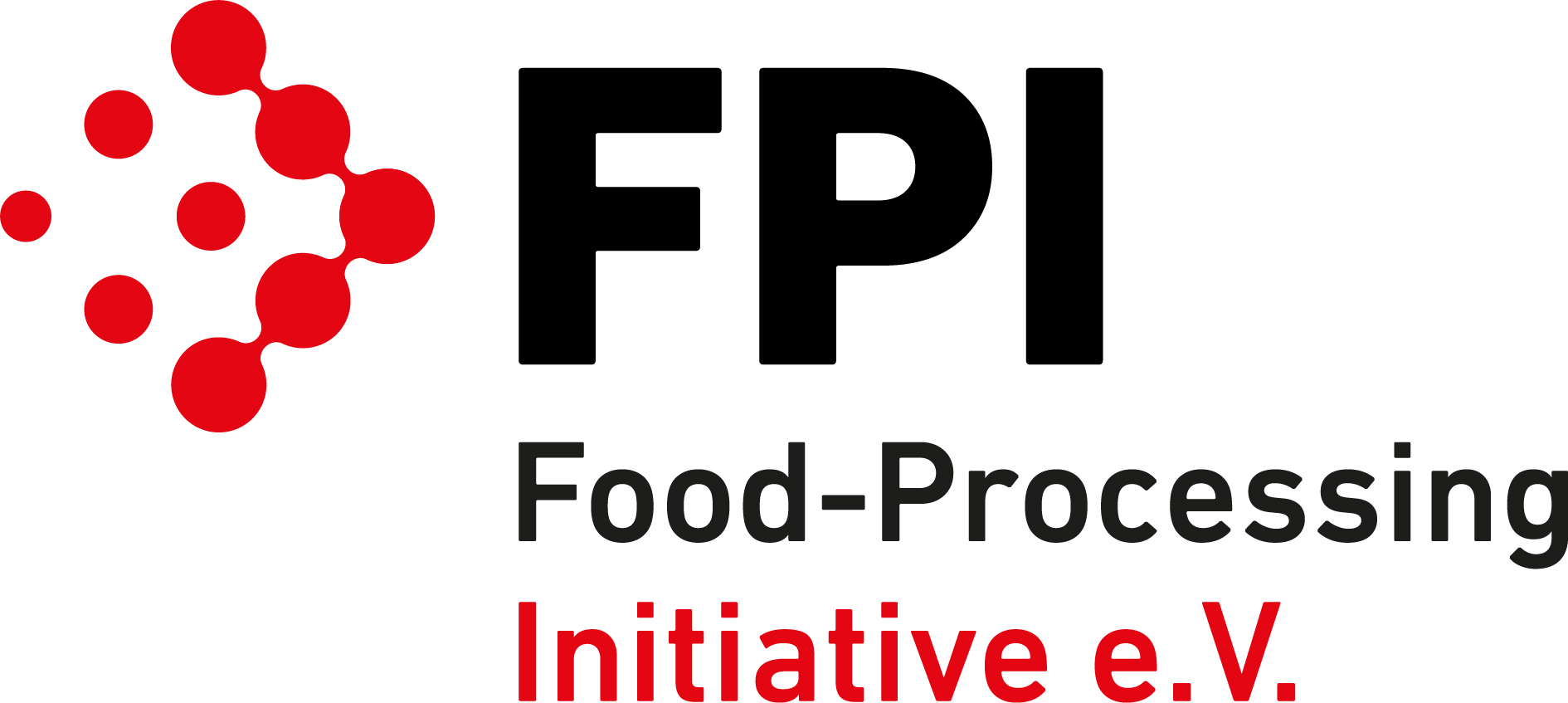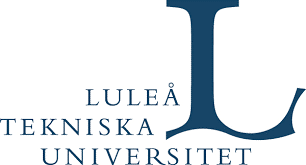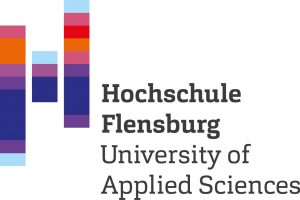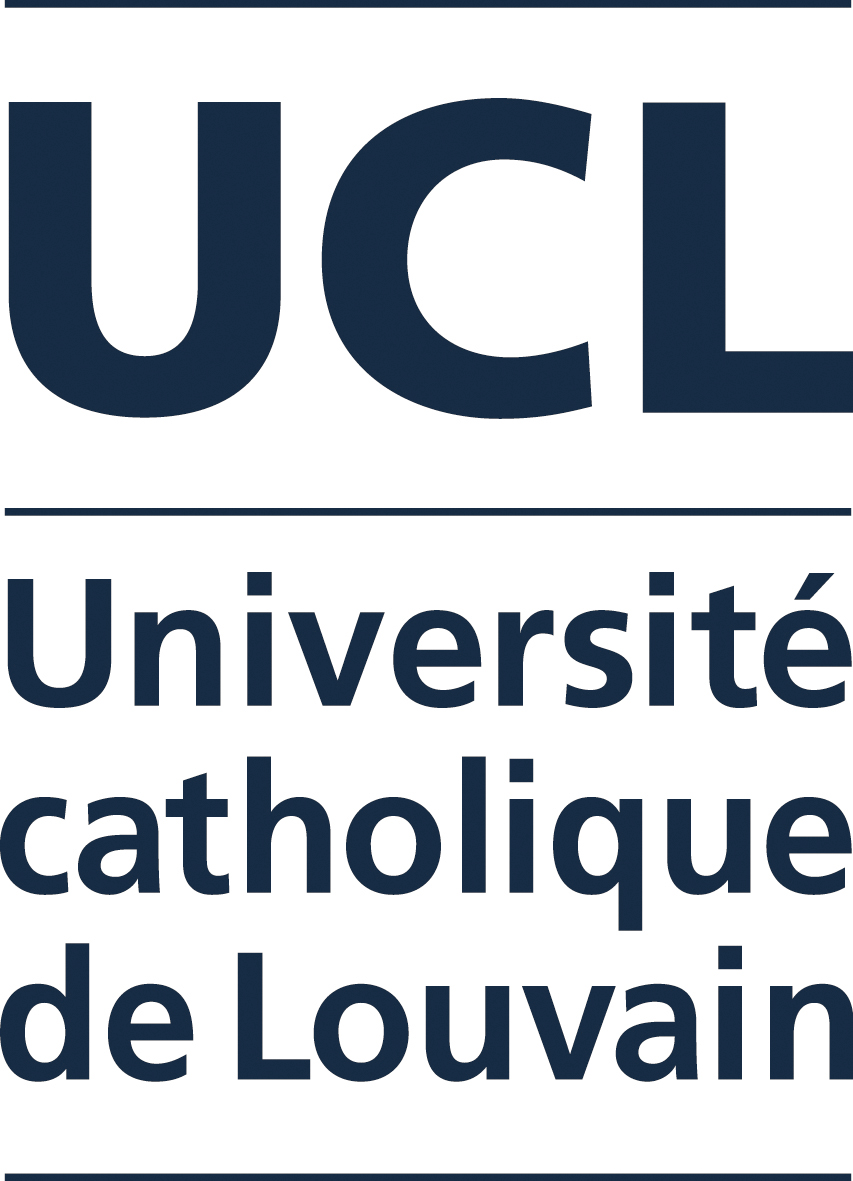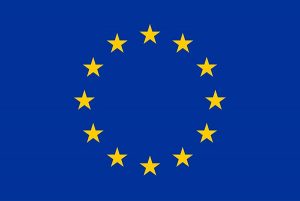Incorporation of Salicornia in feeds for European seabass grow‐out.
S. ramosissima biomass can be included in diets for juvenile seabass up to 10% of their composition with no detrimental effects on growth performance or survival, while providing some beneficial effects to their antioxidant and innate immune response and promoting DNA integrity.
The tenderest stems of Salicornia are directed for human consumption, while the remaining parts of the plant considered a residue have great potential for animal nutrition. Although low in protein (9-10%), this Salicornia co-product may potentially serve as a source of carbohydrates in fish feeds, allowing for a reduction on the use of cereal eatable crops like wheat. The European seabass (Dicentrarchus labrax) is one of the most representative species from the aquaculture industry in the Mediterranean Sea, and therefore, the potential of incorporating Salicornia ramosissima biomass replacing wheat meal in diets for juvenile seabass was evaluated. Three diets containing S. ramosissima biomass at 2.5%, 5%, and 10% inclusion levels were tested versus a commercial diet. After 62 days of feeding, fish growth performance, survival and feed digestibility were similar among all diets. Additionally, Salicornia incorporation seemed to provide some antioxidant supplementation to fish and improve their response to an inflammatory insult when compared to the commercial diet. Data from this study suggests that S. ramosissima biomass can be included in diets for juvenile seabass up to 10% of their composition with no detrimental effects on growth performance or survival, while providing some beneficial effects to their antioxidant and innate immune response and promoting DNA integrity. This is the ideal scenario for adding value to halophyte production and potentially improve aquafeeds sustainability by replacing wheat meal, which is a valuable resource for human consumption.
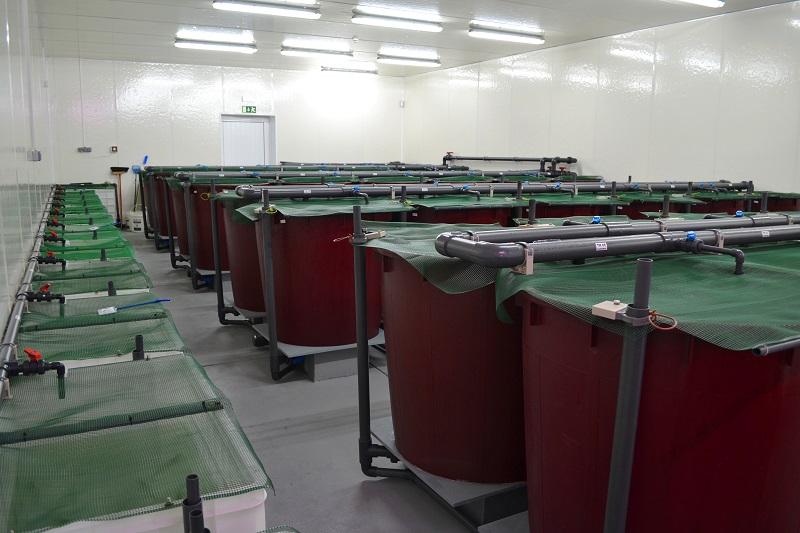
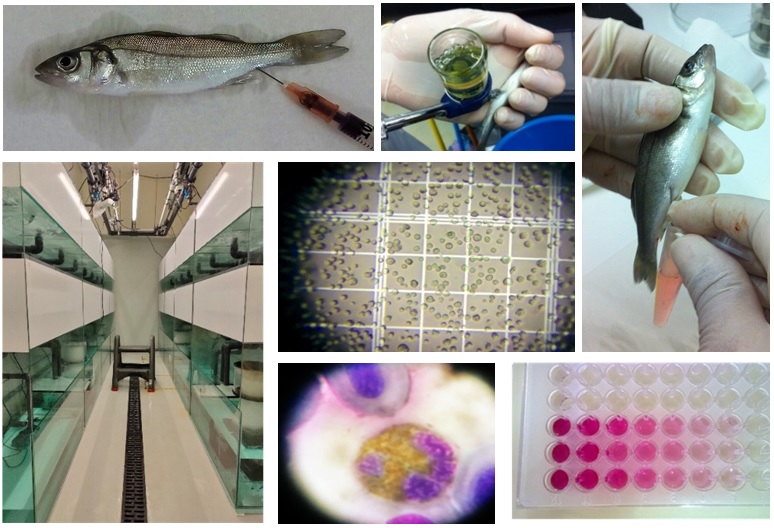
Contact:

Rui Miranda Rocha
Riasearch, LDA., Portugal
ruirocha@riasearch.pt

Benjamin Costas
CIIMAR, Portugal
bcostas@ciimar.up.pt

Prof. Mário Pacheco
Universidade de Aveiro, Portugal
mpacheco@ua.pt
Acknowledgement
This project has received funding from the European Union’s Horizon 2020 research and innovation programme under Grant Agreement No 862834. Any results of this project reflects only this consortium’s view and the European Commission is not responsible for any use that may be made of the information it contains.


